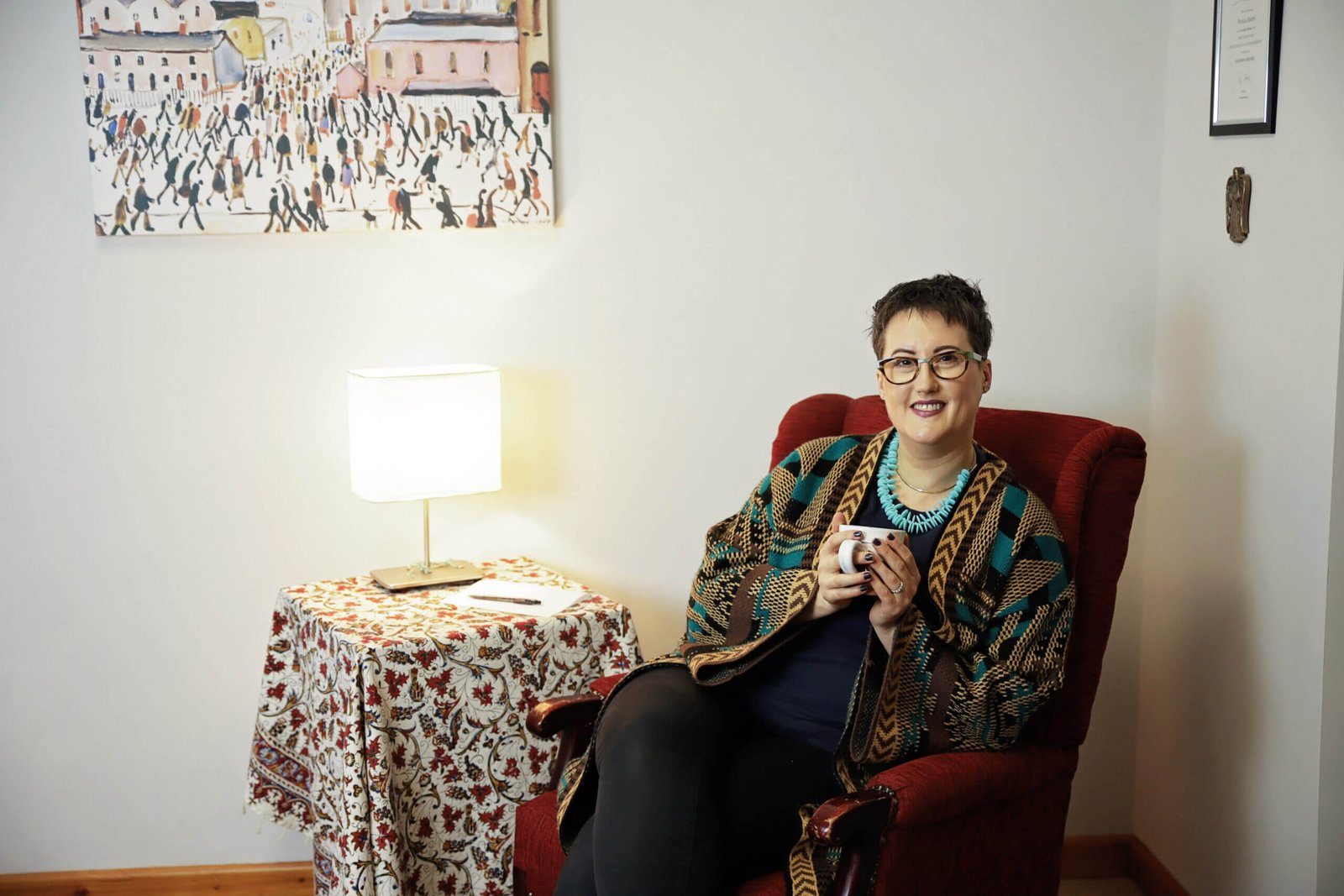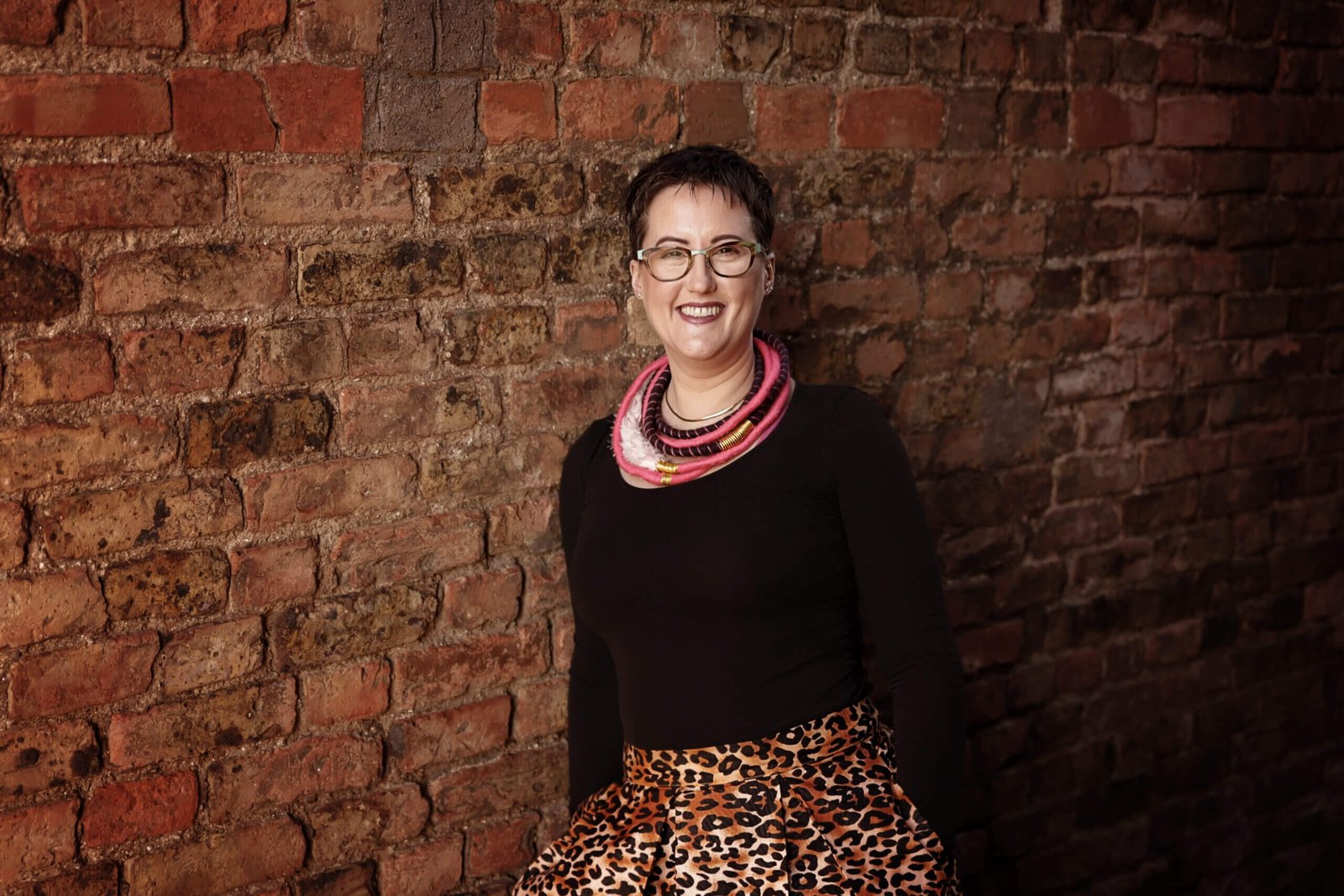In my eighteen years supporting families, I’ve worked closely with families to make separation as simple as possible and help make the welfare of the children a priority. Of course, separation and divorce often isn’t simple and is emotionally and logistically draining. Whether your contemplating leaving a marriage with children or you’re unmarried and separating, these tips for splitting up when you’ve children will help you to cope with separation and divorce for all involved.
Remember, it is possible to have a successful divorce while keeping the children supported throughout. The most important part of separation is to reduce the emotional impact on children and this is possible when parents are supported to know what to do and say.
Is it better to stay together when you’ve kids if you’re unhappy?
The answer to this is very simple – no. There’s two parts to this firm no, which I hope will make your decision clearer around separation.
Firstly, the family is the training ground for life and your children are learning about relationships from you. Secondly, children feel what goes on around them so if they are living in a home where there’s deep unhappiness, resentment or even anger then children feel this and creates difficult emotions inside.

When to tell your child that you’re separating
I often get asked when is the best time to tell your child you’re separating? Is there ever a good time to deliver news to a child that they may find hard? Probably not, but you can safe guard them using these steps as a guide for making separation easier for children.
Tune into your child
As their parent, you know your child best. Ask yourself, does your child already know? Children are incredibly perceptive and feel everything so they probably already feel that there’s something up and that the relationship between their parents has changed. Children develop anxiety when parents don’t help them to make sense of what they’re feeling inside, so if you suspect your child knows that something us up it’s best that you tell them.
Telling your child that you’re separating actually can reduce anxiety in them. An important part of telling a child that you’re separating is to tell them during the day. Telling a child big news which will impact them emotionally during the evening can lead to sleepless nights. Also, you want to be able to observe how they are after you talk with them and be available for questions or any emotions that will come.
Let them ask questions
Infact, ask them if they have questions. Don’t shy away from this part because you’re worried you won’t have the answer. It’s ok not to have the answer and tell your child you haven’t worked out that bit yet. You listening to them is the most important part of separation as it helps the to feel validated and safe. Remember the best thing you can ever do as a parent is to listen and support rather than fix – easier said than done!
How to tell a child that we are separating?
Children always need to feel safe and secure, so in telling your child that you’re separating you must let them know that this decision hasn’t been because of anything they’ve said or done and that both parents still love them as much as they did before.
If possible, tell your children together and agree between parents how this talk is going to look, who is going to say what and probably most importantly, what you’re not going to say. There’s no need to go into adult details that children don’t need to know; stick to the facts that you don’t love each other anymore and have decided that you’ll all be happier being separate.
Telling children you’re separating – 4 things to remember
The most important things to know when you’re telling a child when you’re separating are
- Don’t lie or set false expectations
It’s ok that you don’t know exactly how the future is going to look. Promising your child/ren things that you can’t stick to will increase their anxiety during a separation and make them confused and overwhelmed. Helping a child feel safe in the unknown is hard for a parent to manage, but with the right guidance, information and support you can help them feel safe and secure during your separation.
2. Be age appropriate
Don’t load your child with information that they don’t need and don’t complicate this process. Don’t blame the other parent as they will always be your child’s parent and talk with your child in a way that suits their age and understanding.
3. Let your child get it out! Let them react however they need to
Children live in emotions so when they receive big information they usually respond with an emotion, rather than logic. Remember, that they don’t have words to express what’s going on, so you can be their detective and help them with any anger, anxiety or internalising that you notice.
4. Be direct and be yourself
Try not to fluff around and be as direct in this conversation with your child/ren. Children do better with clear information, even if they don’t like what they hear and may become upset, they can make sense of information more easily if it’s clear and direct.
Children need their parents to lead and guide them, but this doesn’t mean you’re not meant to have feelings. You’re allowed to be upset, but try to be calm with your children. If you’re looking for tips for being a calmer parent, get your free 5 Steps to Calmer Parenting here.
Trusting and accepting the other parent during separation
Separation means that parents may well be taking on different responsibilities and in my experience this can be new territory for either parent and it can be hard to trust that the parenting and responsibilities will be done in a way that you’d like.
This can be incredibly difficult, especially when differences in parenting styles become apparent, but with the right professional parenting advise and support you can help your child cope with inconsistencies and differences.
On this weeks Mum Mind Podcast, we explored this with Louisa Whitney who is a family mediator, have a watch here:
Separating and leaving if you feel unsafe
If things have become unsafe at home get the support of the Citizens Information/Womens Aid/Barnardos/Mna Feasa/Police/Garda/social workers to help you make appropriate legal plans for access.
Sometimes it isn’t appropriate or safe to sit down together and explain what’s happening to children. If you need to get away from a dangerous situation it’s ok to pack what you can and leave. Life can unfold in ways that are out of our control and you can always be supported to help your children once you’re all safe.
How to leave a relationship if you’ve got no money
There are many reasons for separation and in some circumstances, parents may feel that they’ve not got the money to leave the relationship, so I’d urge you to seek legal advice to protect yourself and your child/ren. You can access free legal advise with your local Citizens information Bureau/Free legal aid centre.
What to do if the relationship with your ex is acrimonious
Many couples whose relationship ends need help communicating and making plans for the family to function. Separating is usually an emotive time with many feelings including anger, hurt and shame. You don’t have to like your ex partner to agree plans for your child/ren and this is where finding an intermediatory can really help to keep the emotions out of the care of the children.
If you cannot communicate with your ex-partner then I’d really recommend having a trained specialist to help you.
Unmarried couples with children and spitting up
There can be slightly different legal terms for unmarried couples splitting up and this is where I’d recommend seeking legal advice. However, the same emotional and logistical principles apply when supporting children as outlined above. Keep the emotional needs of your child at the front of any discussions or plans as you move forwards.
Extra tips to helps if you’re considering splitting up or have separated
I know from my many years as a psychotherapist that separating is a time of many emotions. Supporting children can be draining and at times lonely if you’re the only adult around listen to the emotional fallout from the children. It’s essential that you don’t use your child as your confidant.
Find your own space to offload and keep your adult thoughts and feelings for fellow adults. There are plenty of free and paid communities of others going through separation and divorce both online and in person, so there are places for you to go to and be heard and understood.
Here’s a link to an article I was asked to be an expert on in the Irish Times about separation and divorce.
Parenting isn’t simple!
You can say that again! As a Mum of three, I know just how hard parenting life can be. We are constantly activated by our children and how we respond as parents to children’s emotions and development directly shapes who they are.
There’s a few different ways to work with me to get the support and answers you’re looking for. Book your complimentary introductory call with me if you’re unsure what’s best for you and your family needs. You can also book directly below.
Book your Parenting Consultation – an online one hour session where we create practical solutions to help navigate your child’s behaviour and emotions
Get your free 5 Steps to Calmer Parenting and get tips to help you respond, rather than react. And get your complimentary video “How to Help Children Regulate their Emotions” – essential parent viewing!
Join the Calm Parenting Community, Bethan’s online parenting community hosted in an app where you can chat with Bethan and get support, tips and advice on the go.

Bethan is a psychotherapist and Mum of three living in Cork, Ireland. She specialises in supporting parents and helping families have calm, happy lives. Her work has spanned eighteen years working in addiction, homeless services, suicide and self-harm prevention.
Bethan is an expert in understanding children’s behaviour and emotions and helping parents to help their children through tough times and the day to day parenting struggles.
Her work has been featured locally, nationally and internationally and she co-hosts the Mum Mind Podcast with Stef from Kinderama where they solve parenting problems.
